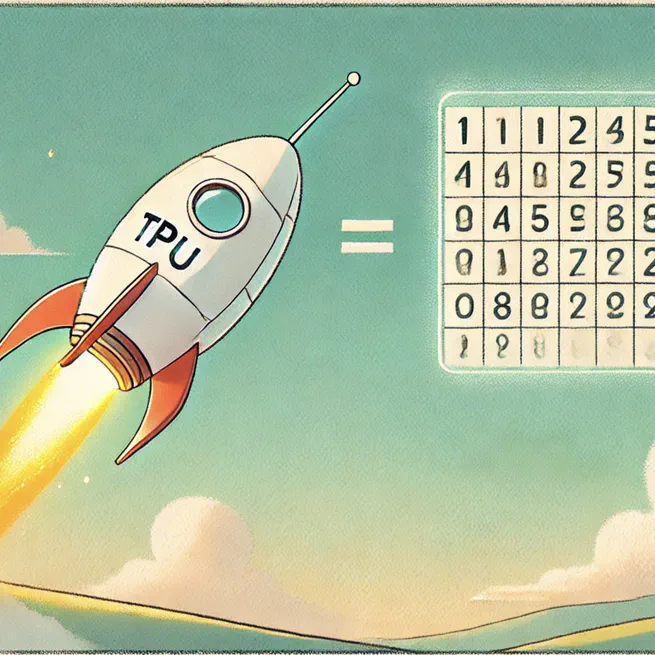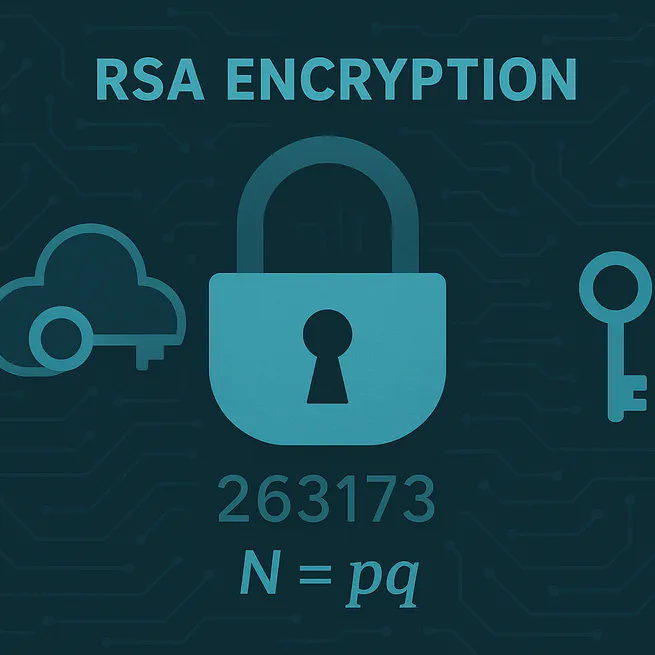Shanquan Tian
Software Engineer, ML Performance
Google
About Me
Hi, I am a software engineer at Google, specializing in machine learning performance, hardware/software co-design, and large language model (LLM) optimization.
My work focuses on optimizing LLM execution on existing platforms (GPU/TPU), advancing next-generation TPU architectures, and enhancing AI infrastructures.
Previously, I earned my Ph.D. from Yale University, where I conducted research in computer architecture and security advised by Professor Jakub Szefer.
Interests
- AI/ML Infrastructure
- TPU HW/SW Co-design
- Embodied Intelligence
Education
Ph.D. in Computer Engineering
Yale University
M.S. in Computer Engineering
Yale University
BSc in Applied Physics
University of Science and Technology of China
Experience
Software Engineer, Google
Google- AI/ML Infrastructure Performance: Conducted analysis and HW/SW co-design for current and next-generation AI accelerators to enhance Google’s large-scale distributed data center, optimizing for emerging large language models (LLMs).
- Software development for fleet reliability monitoring: Designed and implemented a system to detect and monitor silent data corruptions (SDCs) across the production fleet, improving reliability and resilience.
Software Engineer Intern, Google
Google- Designed and implemented the support to run Open Container Initiative (OCI) standard containers in Borg, which is Google’s cluster manager that runs almost all jobs.
Software Engineer Intern, Alibaba Cloud
Alibaba CloudPh.D. Student, Yale University
Yale UniversitySecurity of Cloud FPGAs, FPGA and hardware security, cloud infrastructures, hardware accelerator design and RTL development for ML and cryptography.
Posts
Selected Publications
(2022).
Cross-VM Covert-and Side-Channel Attacks in Cloud FPGAs.
TRETS'22.
(2022).
Cross-VM Information Leaks in FPGA-Accelerated Cloud Environments (Best Paper Candidate).
HOST'22.

